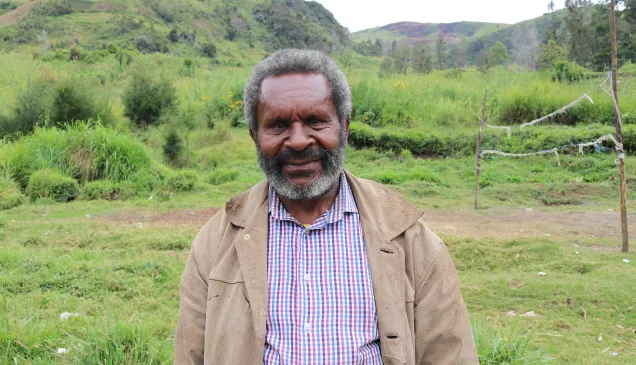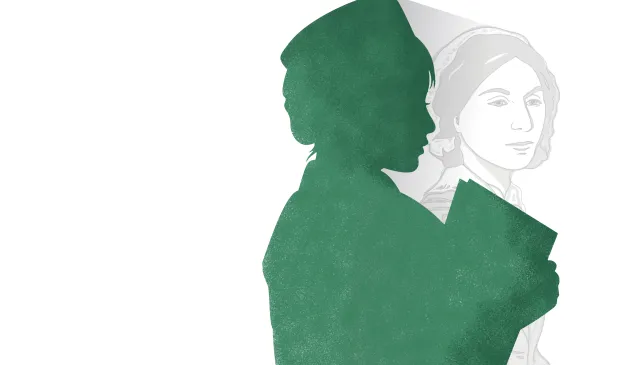Samoa co-hosts Pacific Islands round table on International Humanitarian Law
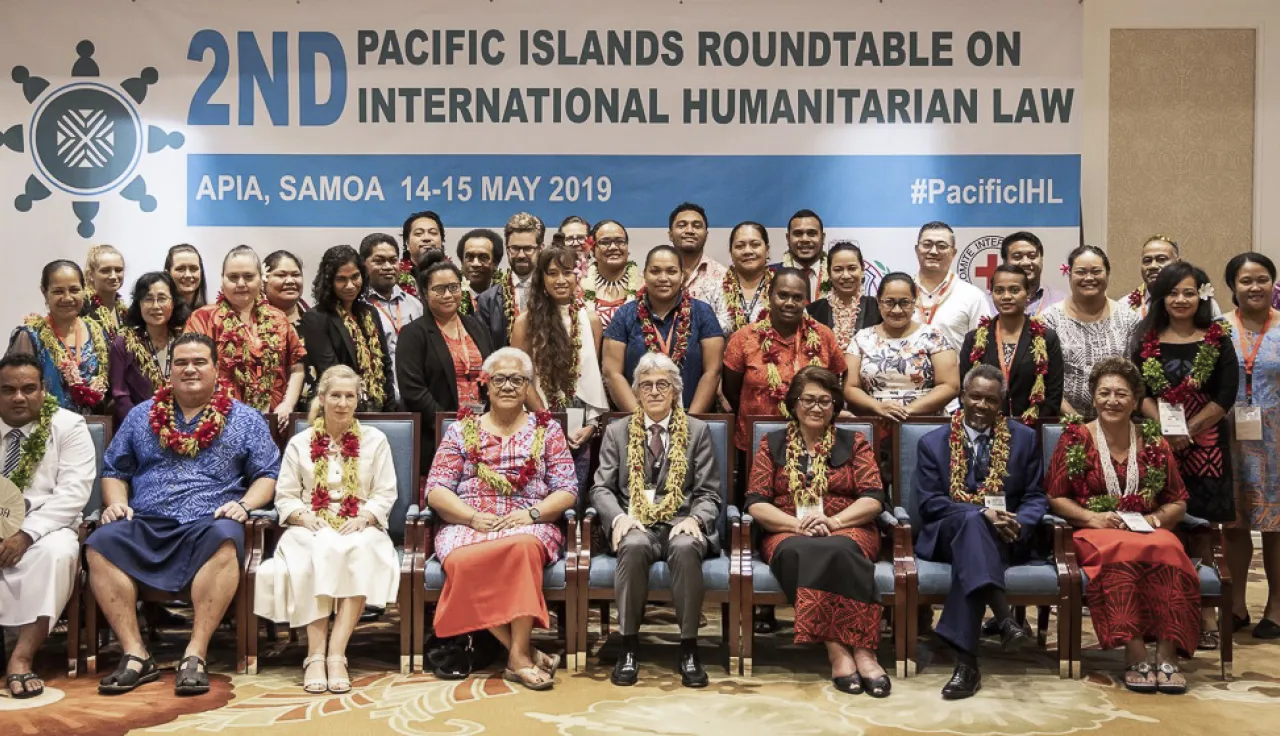
International humanitarian law (IHL), also known as the law of armed conflict, is relevant for all nation States, even those in peaceful regions like the Pacific. While IHL only applies during times of armed conflict, it is during peacetime that States need to make sure laws and training are in place.
Although the region is currently peaceful, some States have recently experienced armed conflict such as the Bougainville conflict and the conflict in the Solomon Islands. The highlands in Papua New Guinea also experience frequent and deadly tribal fights with enormous humanitarian consequences.
The legacy of past conflicts is still felt in the Pacific, with nine countries still contaminated by ordnance from the Second World War, which has an explosive risk and an environmental effect, limiting farming, industry and tourism.
More than 315 nuclear test explosions were concluded in the Pacific and Pacific Islanders in many areas continue to experience chronic disease and contamination of traditional lands attributable to nuclear testing. Further, the Pacific is also facing severe effects of climate change and these are only likely to intensify. Globally, where changing climate and conflict converge, affected populations are especially vulnerable.
The Pacific also has an opportunity to show international leadership in issues of international humanitarian law. As one Pacific Island representative said, Pacific Islanders working abroad in areas of armed conflict - including in militaries, as peacekeepers and as humanitarian workers - can be equipped by their countries to be champions of IHL out there in the world. Pacific Island States have long been a driving force behind the banning of nuclear weapons. No fewer than eight countries in the region were among the sponsors for the initial resolution calling for a comprehensive ban treaty on these weapons, among them the co-host for the round table. The Prime Minister of Samoa said at the signing of the Treaty,
We firmly believe that possessing nuclear weapons and adding nuclear powers only makes our world less safe, less secure and less peaceful- hence the need to rid our world completely of nuclear weapons.
These issues were part of discussions when government and Red Cross experts from 11 Pacific Island countries came together in Apia, Samoa for the second Pacific Islands round table on International Humanitarian Law. They were joined by attendees from Australia, New Zealand, Switzerland, the International Federation of Red Cross and Red Crescent Societies, UNESCO and the Pacific Islands Law Officers' Network.
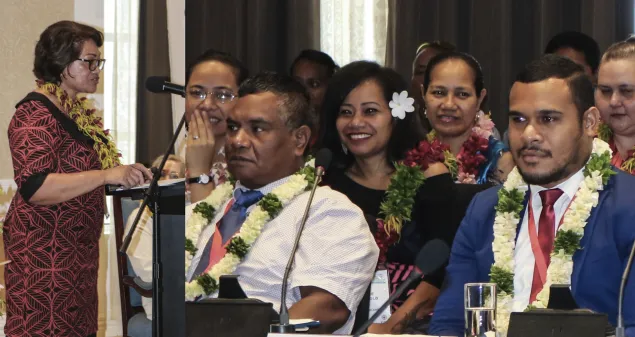
Katalaina Sapolu, Director, Governance and Peace Directorate of the Commonwealth Secretariat delivers her keynote address. “Climate change is arguably the greatest challenge of our time, with grave implications for stability, prosperity, and the rule of law ”. </h2>
The round table took place from 14 to 15 May and was co-hosted by the regional delegation of the International Committee of the Red Cross (ICRC) in the Pacific and the Government of Samoa. The Acting Prime Minister of Samoa, the Honourable Fiame Naomi Mata'afa, opened the round table, with the ICRC Assembly Member Mauro Arrigoni. The keynote address was delivered by Katalaina Sapolu, director of the Governance and Peace Directorate of the Commonwealth Secretariat who is originally from Samoa. She highlighted the importance of prevention and preparedness, especially spreading the knowledge of IHL and humanitarian rules to prevent – or at least limit – the excesses of war.
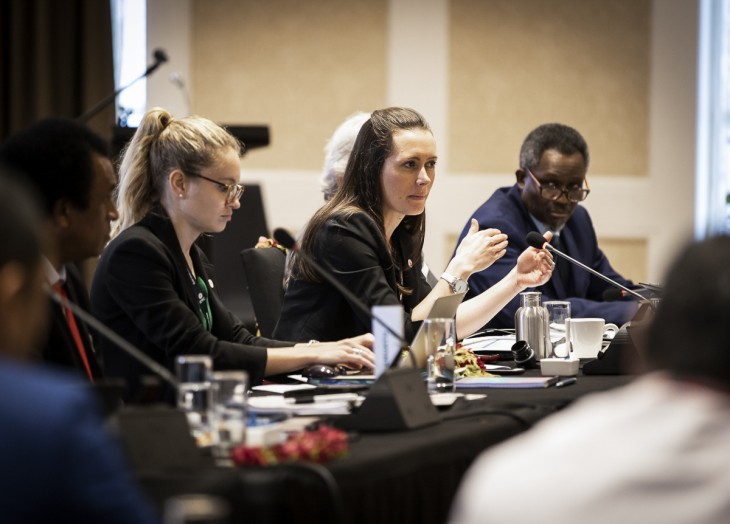
ICRC Regional Legal Advisor Georgia Hinds
The Pacific Islands round table on IHL is the only regular forum dedicated to general discussions on the law of armed conflict in the Pacific region.
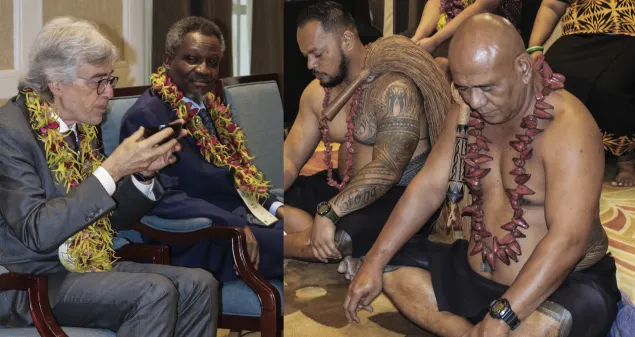
Delegates were welcomed by the Government of Samoa with a traditional Samoan 'ava ceremony.
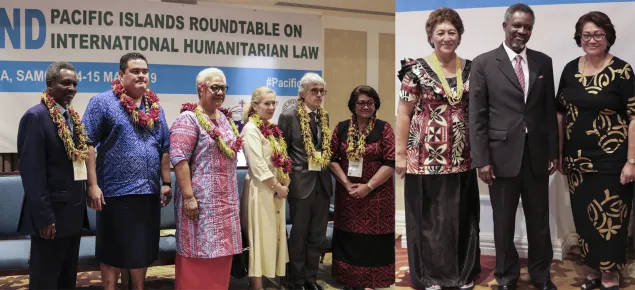
ICRC’s Head of Regional Delegation in the Pacific, Vincent Ochilet; Samoa’s Attorney General, Lemalu Hermann Retzlaff; Deputy Prime Minister, Hon. Fiame Naomi Mata'afa; Special Envoy of Switzerland for the Pacific region, Yasmine Chatila Zwahlen; ICRC Assembly Member, Mauro Arrigoni; Director, Governance and Peace Directorate of the Commonwealth Secretariat, Katalaina Sapolu.</h2>


